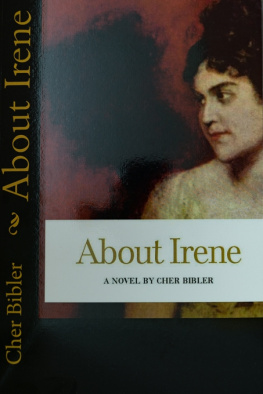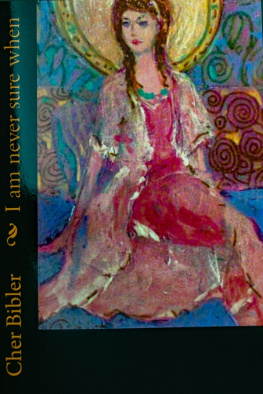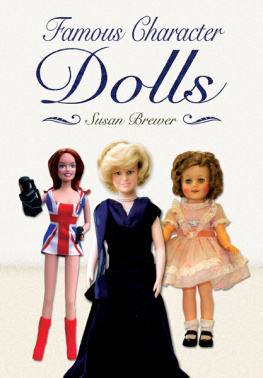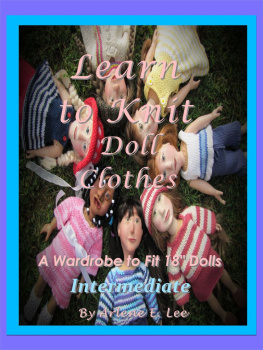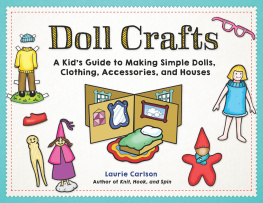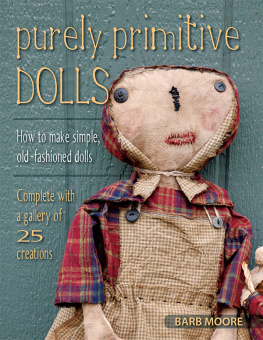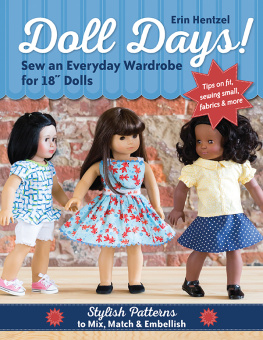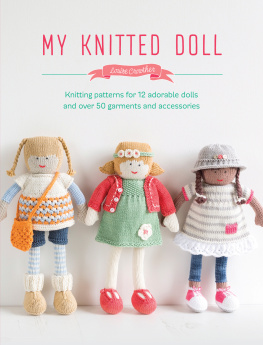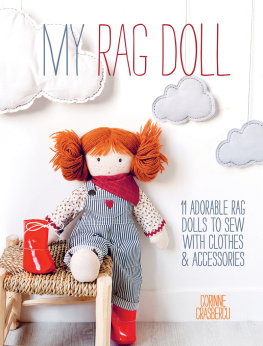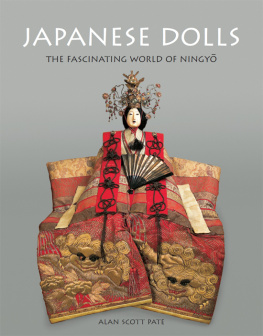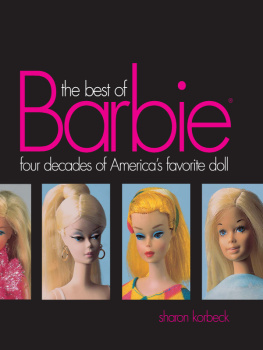Cher Bibler - About Irene
Here you can read online Cher Bibler - About Irene full text of the book (entire story) in english for free. Download pdf and epub, get meaning, cover and reviews about this ebook. year: 2013, publisher: Cher Bibler, genre: Science fiction. Description of the work, (preface) as well as reviews are available. Best literature library LitArk.com created for fans of good reading and offers a wide selection of genres:
Romance novel
Science fiction
Adventure
Detective
Science
History
Home and family
Prose
Art
Politics
Computer
Non-fiction
Religion
Business
Children
Humor
Choose a favorite category and find really read worthwhile books. Enjoy immersion in the world of imagination, feel the emotions of the characters or learn something new for yourself, make an fascinating discovery.
- Book:About Irene
- Author:
- Publisher:Cher Bibler
- Genre:
- Year:2013
- Rating:5 / 5
- Favourites:Add to favourites
- Your mark:
- 100
- 1
- 2
- 3
- 4
- 5
About Irene: summary, description and annotation
We offer to read an annotation, description, summary or preface (depends on what the author of the book "About Irene" wrote himself). If you haven't found the necessary information about the book — write in the comments, we will try to find it.
About Irene — read online for free the complete book (whole text) full work
Below is the text of the book, divided by pages. System saving the place of the last page read, allows you to conveniently read the book "About Irene" online for free, without having to search again every time where you left off. Put a bookmark, and you can go to the page where you finished reading at any time.
Font size:
Interval:
Bookmark:

It would be too simple to call About Irene a dolls memoir. Irene is broken, but this inventive, brilliant new novel by Cher Bibler is not so much about Irene who really is broken, as in pieces than it is about humanity set in a dolls world, through a dolls eyes (with parallel reflections from the human world as well). As one doll remarks in the novel, they are made in the human form to mimic human nature, but here, they also are human nature, and can feel just as deeply as any of us who read their stories. We don't change, but our little girls grow up and away from us, another doll says. Bibler has created an intoxicating and addictive novel. Read it in one long sitting and youll immediately want to revisit these new friends. The story begins with our narrator under the care of Sasha, who only begins collecting dolls after her husband dies, and Sasha is now dying herself, with the dolls wondering where they will end up (a common fear), and what will happen to their friends, their relatives. Their fears are soon realized as they are put into auction, and our narrator finds herself a new owner, Vickie, who immerses herself in doll clubs, doll shows, doll conventions the works. I have lived many lives, says one of the dolls. So she has. You may well wonder about these words as in, are the dolls indeed alive did that dolls arm just move, did she just pull a small piece of lint from her dress? Are the dolls throwing tea parties for each other? This is a novel that plays with reality, but it is no fantasy. And not all dolls are female, either. Take Nevis, who is meant for a boy to play with. Then the boys brother, who gave the doll to him, goes off to war and dies, just as Nevis has died time and time again. Nevis, who fancies himself a writer, drinks too much now and talks incessantly about those war years. Yes, dolls can be bores and snobs as much as they can be loving and your best friend. A lot of who a doll is comes from the owner, but also, dolls are made from different materials and are created in different times. Even the fashions reflect their times. There is royalty and there are the peasants, and those who exist somewhere in between. There is bound to be a division from how they see themselves in the doll hierarchy to how they look upon the other dolls they share a home with. A Cher Bibler poem, or rather, a Nevis poem, punctuates each chapter, and often times tells a story within the story, adding yet another dimension to a tale that is sure to have you wishing for a sequel.
Novelist Geoff Schutt
About Irene
and other stories in which an attempt is made to accurately portray the life and times of a bisque doll, such as myself, who resides in a large collection of dolls, and the interactions of said dolls, and their attempts to secure happiness under the conditions in which we live. Also concerning the humans who live among us. With one poem at the end of each chapter written by my friend, Nevis Fairchild.
a novel by
Cher Bibler
Tiffin, Ohio
2016
About Irene 2013 Cher Bibler
The following were previously published:
About Face in This Side of Paradise
Fairy Dust in In Other Words: Merida
Half Moon in 13 Myna Birds
Love was on a Tinfoil album called Queer
Nancy Drew was recorded by Jimmy Take a Ride
Safe was in both In Other Words: Merida and This Side of Paradise
Where the Moon Stood Too Close to the Edge appeared in the Blue Hour and in the Blue Hour anthology
About Irene
My owner is getting old. There's no use denying it anymore, it's time to accept it as a fact. It's time to start worrying about my future. I've lived here many years and have been very happy. The idea of leaving my friends and starting over somewhere else is so frightening that I've put off thinking about it as long as I could. I can't avoid it anymore, though, it hangs over everyone here like a dark cloud, colors everything we do.
I was having tea with my friend Rebecca a few days ago, and I guess that's what started me off. I like Rebecca, but she's a worrier, and she can just drive me crazy if I let her. She lives on a shelf by the kitchen, and she loves to entertain. She has a nice little nursery rhyme tea set. I suppose it's a little juvenile, but I just love it - it reminds me of my first owner, a sweet little girl named Amelia. I find it comforting. Rebecca's ok, too. A little persnickety, if you want to know the truth, but I overlook that.
Rebecca has easy access to all sorts of goodies, being so near the kitchen, I suppose, and she always knows what's going on. She has myriads of relatives, all in some sort of disrepair or decline, and she worries about them all. I've heard so much about various cousins, I feel I know them personally. They'd be surprised, I'm sure, if they knew how much I know about them. When I finally do meet one, I have to bite my tongue to keep myself from blurting out something like, "Oh, you're the one who broke out in hives when they restuffed you with unseasoned sawdust!" I have to wipe the smirk off my face and be polite. Sometimes that's not so easy.
Rebecca was going on about Sasha's illness (Sasha is our owner), and wailing about where she'll end up and how she'll feel if she is separated from her children. I felt a bit guilty, I guess, as I am assured a good home no matter what, but Rebecca's future is rather doubtful. She's so dreadfully common, you see. There's nothing at all special about her. I, on the other hand, am rather rare and generally considered attractive. Someone always seems to want me. I sipped my tea in silence, listening to her fret about our impending upheaval.
Rebecca doesn't have a shred of her original clothes. She's dressed in something that's supposed to look like it's as old as she is, but it's all the wrong fabric, the wrong weight. And polyester lace. Need we say more? I don't think Rebecca ever had any really good clothes, though. Something about her, I don't know what, but she has a certain downtrodden air.
It all left me rather depressed. I keep thinking about my friend Irene, who stood near me on a little stand by the stairway. I was (and still am) higher up, on a barrister bookcase. A lovely oak, which brings out the red highlights in my hair. Irene and I spent years and years there together until the unfortunate day when she fell and was broken, was swept away into a box and taken away somewhere. I waited for her to be glued back together and return triumphantly, but she hasn't. Eventually they put a new doll on her stand, a reproduction. I think someone in Sasha's doll club made her, her face paint is just awful and her eyes are set in. Her clothes are too frilly and rather garish. It's bad enough a different doll is standing there, but a reproduction?
I don't even speak to her. I suppose she has a name, but I call her the Usurper. There she stands in Irene's spot, smiling just as though she belongs there. She tried to talk to me a few times, but I didn't answer, just stared straight ahead as though she weren't there.
I'm sure Sasha would never have put a doll like that in Irene's place. It was her daughter that did it. The daughter is over quite often anymore. She doesn't know very much about dolls. I suppose she was trying to be nice, filling the hole where Irene used to be, but I can't tell you what it feels like, standing here day after day looking at the spot where my best friend used to stand and seeing her there.
If Irene doesn't come back, which seems doubtful, I'm afraid of what will happen. She's laying somewhere in pieces, in a box, and the rest of us will all be sold, scattered to the winds. It makes me feel fragile, myself. We all like to feel immortal, I think, but every now and then we get reminders of just how uncertain our futures are. It's just something that I guess is always somewhere, pushed to the very back of our brains because we don't want to think about it. How morbid we'd be, after all, if all we did was think about breaking!
Font size:
Interval:
Bookmark:
Similar books «About Irene»
Look at similar books to About Irene. We have selected literature similar in name and meaning in the hope of providing readers with more options to find new, interesting, not yet read works.
Discussion, reviews of the book About Irene and just readers' own opinions. Leave your comments, write what you think about the work, its meaning or the main characters. Specify what exactly you liked and what you didn't like, and why you think so.

